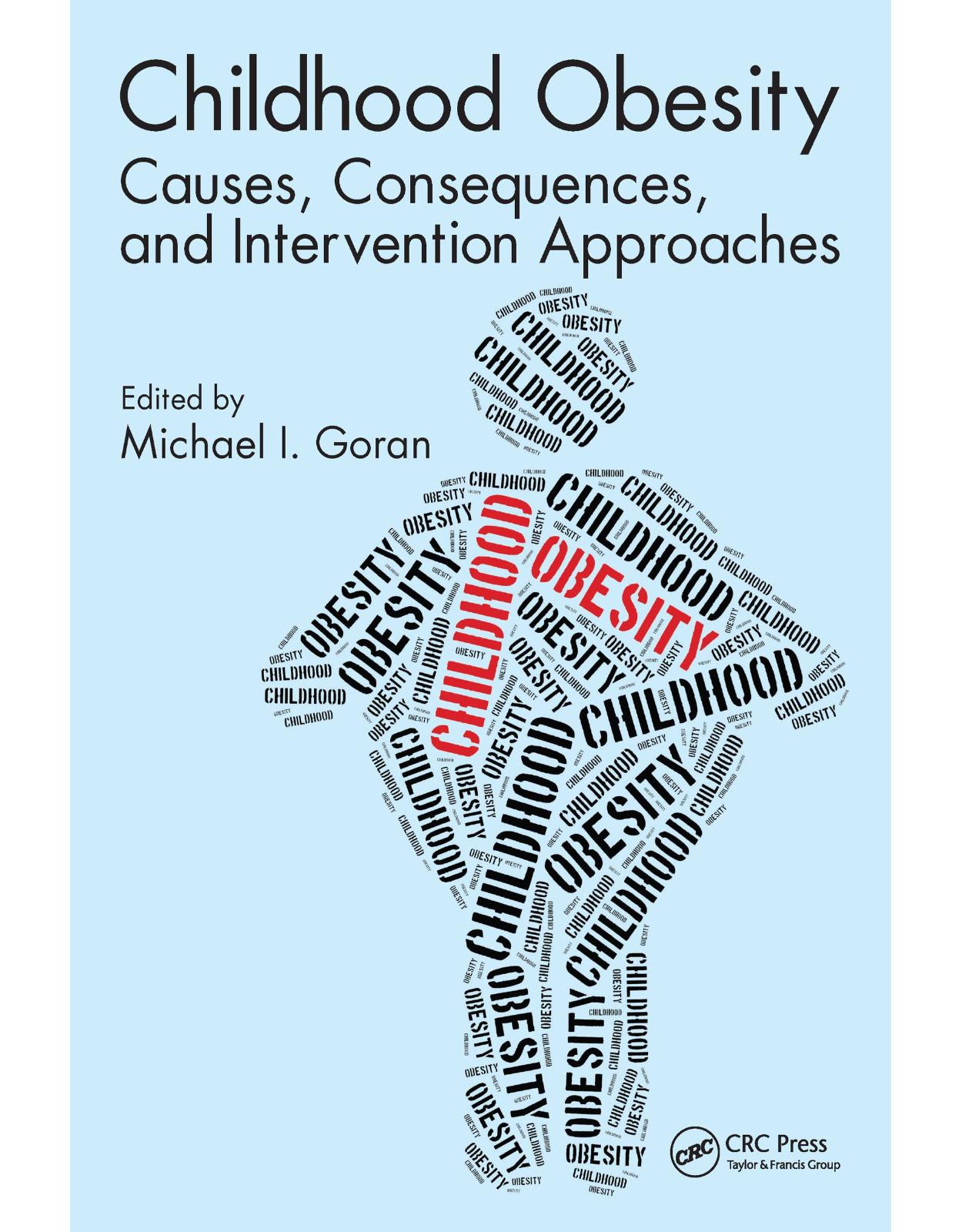
Childhood Obesity: Causes, Consequences, and Intervention Approaches
Livrare gratis la comenzi peste 500 RON. Pentru celelalte comenzi livrarea este 20 RON.
Disponibilitate: La comanda in aproximativ 4-6 saptamani
Autor: Michael I. Goran
Editura: CRC Press
Limba: Engleza
Nr. pagini: 524
Coperta: Paperback
Dimensiuni: 17.8 x 3 x 25.4 cm
An aparitie: 30 Jun. 2021
Description:
Childhood obesity has reached epidemic proportions in the United States and continues to increase in prevalence in almost all countries in which it has been studied, including developed and developing countries around the globe. The causes of obesity are complex and multi-factorial. Childhood obesity becomes a life-long problem in most cases and is associated with long term chronic disease risk for a variety of diseases including type 2 diabetes, cardiovascular disease, non-alcoholic fatty liver disease, as well as psychosocial as issues and obesity seems to affect almost every organ system in the body. In recent years there has been tremendous progress in the understanding of this problem and in strategies for prevention and treatment in the pediatric years. Childhood Obesity: Causes, Consequences, and Intervention Approaches presents current reviews on the complex problem of obesity from the multi-level causes throughout early life before adulthood and the implications for this for long-term disease risk. It reviews numerous types of strategies that have been used to address this issue from conventional clinical management to global policy strategies attempting to modify the global landscape of food, nutrition, and physical activity. Each chapter is written by a global authority in his or her respective field with a focus on reviewing the current status and recent developments. The book features information on contributing factors to obesity, including developmental origins, social/family, birth cohort studies, influence of ethnicity, and global perspectives. It takes a life-course approach to the subject matter and includes exhaustive treatment of contributing factors to childhood obesity, such as assessment, environmental factors, nutrition and dietary factors, host factors, interventions and treatment, consequences, and further action for future prevention. This broad range of topics relevant to the rapidly changing field of childhood obesity is suitable for students, health care professionals, physicians, and researchers.
Table of Contents:
SECTION I Epidemiology of Childhood Obesity in Different Populations
Chapter 1 Epidemiology of Childhood Obesity and Associated Risk Factors: An Overview
Chapter 2 Racial and Ethnic Disparities in Prevalence of and Risk Factors for Childhood Obesity
Chapter 3 Global Perspectives of Childhood Obesity: Prevalence, Contributing Factors, and Prevention
Chapter 4 Economic Considerations in Childhood Obesity
Chapter 5 Assessment of Body Composition and Fat Distribution in Infants, Children, and Adolescents
SECTION II Nutritional Factors Contributing to Childhood Obesity
Chapter 6 The Influence of Daily Eating Patterns on Weight Status: A Review of the Evidence on Breakfast Consumption, Snacking, and Eating Frequency
Chapter 7 Portion Sizes in Childhood Obesity
Chapter 8 Role of Satiety Responsiveness in Childhood Obesity
Chapter 9 Food Reward and Appetite Regulation in Children
Chapter 10 Food Reinforcement and Childhood Obesity
Chapter 11 Breast-Feeding and Infant Obesity
SECTION III Individual and Environmental Factors Contributing to and/or Associated with Childhood Obesity
Chapter 12 Prenatal Risk Factors for Childhood Obesity
Chapter 13 Genetics of Childhood Obesity
Chapter 14 Childhood Obesity: Epigenetic Factors
Chapter 15 Parent- and Family-Level Factors Associated with Childhood Obesity
Chapter 16 Social Networks and Childhood Obesity
Chapter 17 Role of the Built Environment in Childhood Obesity
Chapter 18 The Influence of Stress on Obesity Development in Children
Chapter 19 Early Toxicant Exposures and the Development of Obesity in Childhood
Chapter 20 Impact of Environmental Obesogens: Focus on Mechanisms Linking to Childhood Obesity
Chapter 21 Potential Role of the Microbiome in the Development of Childhood Obesity
Chapter 22 Adipose Tissue Development
SECTION IV Behavioral and Metabolic Consequences of Childhood Obesity
Chapter 23 Self-Esteem and Health-Related Quality of Life in Childhood Obesity
Chapter 24 Childhood Obesity: Implications for Neurocognitive Functioning
Chapter 25 Insulin Resistance and Type 2 Diabetes in Pediatric Populations
Chapter 26 Childhood Obesity and Cardiovascular Risk
Chapter 27 Pediatric Nonalcoholic Fatty Liver Disease: Recent Advances in Diagnostics and Emerging Therapeutics
Chapter 28 Sleep Outcomes and Childhood Obesity
SECTION V Treatment and Prevention of Childhood Obesity
Chapter 29 Family-Based Behavioral Treatment for Childhood Obesity
Chapter 30 Advances in Pharmacological Treatment of Pediatric Obesity
Chapter 31 Surgical Treatment of Adolescent Obesity
Chapter 32 Physical Activity Interventions for Treatment and Prevention of Childhood Obesity
Chapter 33 Life Course Approach to the Prevention of Childhood Obesity
Chapter 34 Early-Life Interventions for Childhood Obesity Prevention
Chapter 35 Home/Family-Based Strategies for Prevention of Obesity in Infancy and Early Childhood
Chapter 36 Community and School-Based Interventions for Childhood Obesity
Chapter 37 Targeting Reduction in Consumption of Added Sugars for Addressing Childhood Obesity: Translating Research to Clinical Practice
Chapter 38 Lifestyle Interventions for the Prevention of Type 2 Diabetes in Obese Children and Youth
Chapter 39 Use of Mobile Health Strategies for the Prevention and Treatment of Childhood Obesity
Chapter 40 Complementary and Integrative Health Strategies for Addressing Childhood Obesity
SECTION VI Public Health and Policy Based Interventions
Chapter 41 Food Advertising and Marketing Issues Relevant to Childhood Obesity
Chapter 42 Connecting the Dots: Translating Systems Thinking into Innovative Solutions for Childhood Obesity
Chapter 43 Food Policy for Childhood Obesity Prevention: A Global Perspective
Index
| An aparitie | 30 Jun. 2021 |
| Autor | Michael I. Goran |
| Dimensiuni | 17.8 x 3 x 25.4 cm |
| Editura | CRC Press |
| Format | Paperback |
| ISBN | 9781032097596 |
| Limba | Engleza |
| Nr pag | 524 |




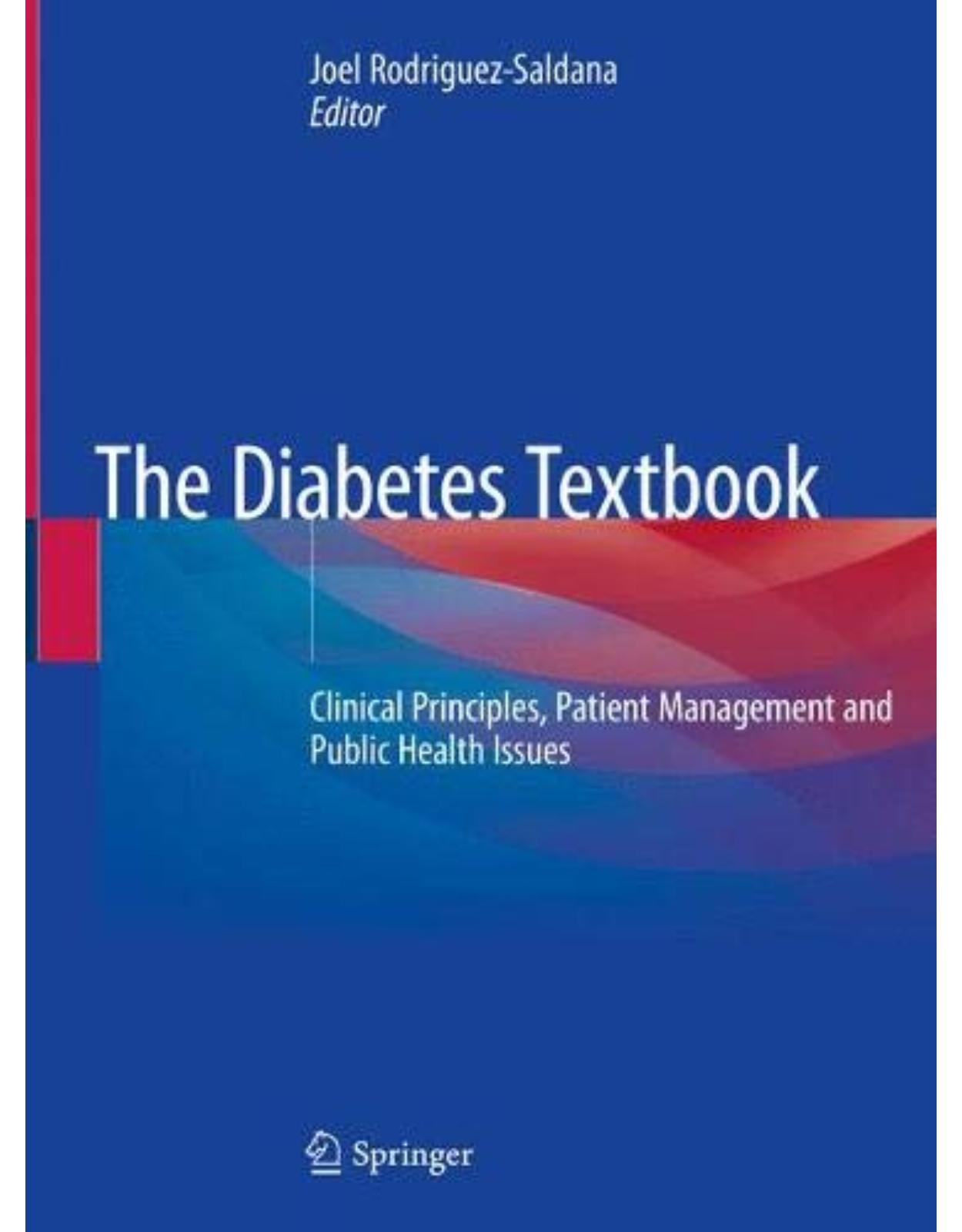
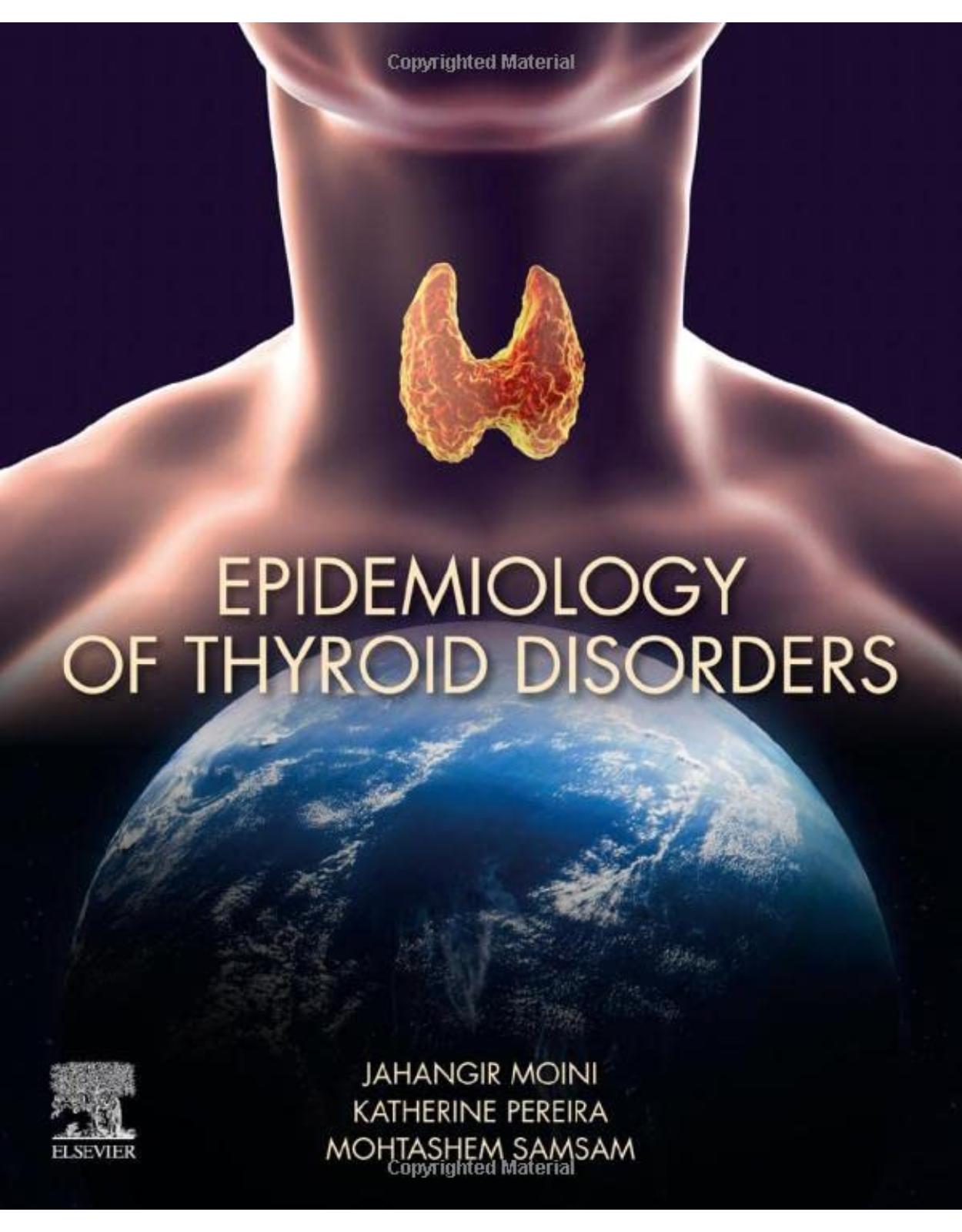
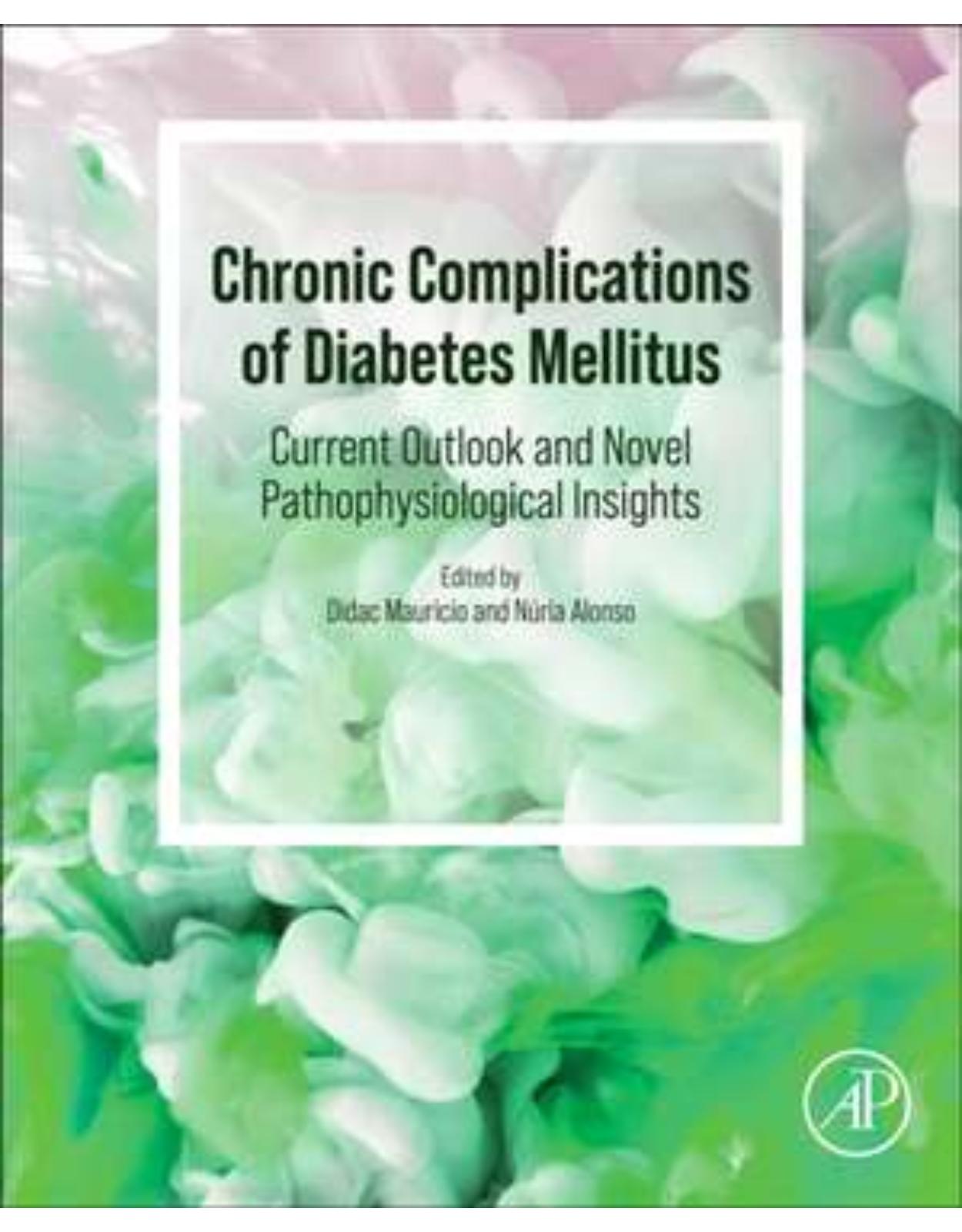



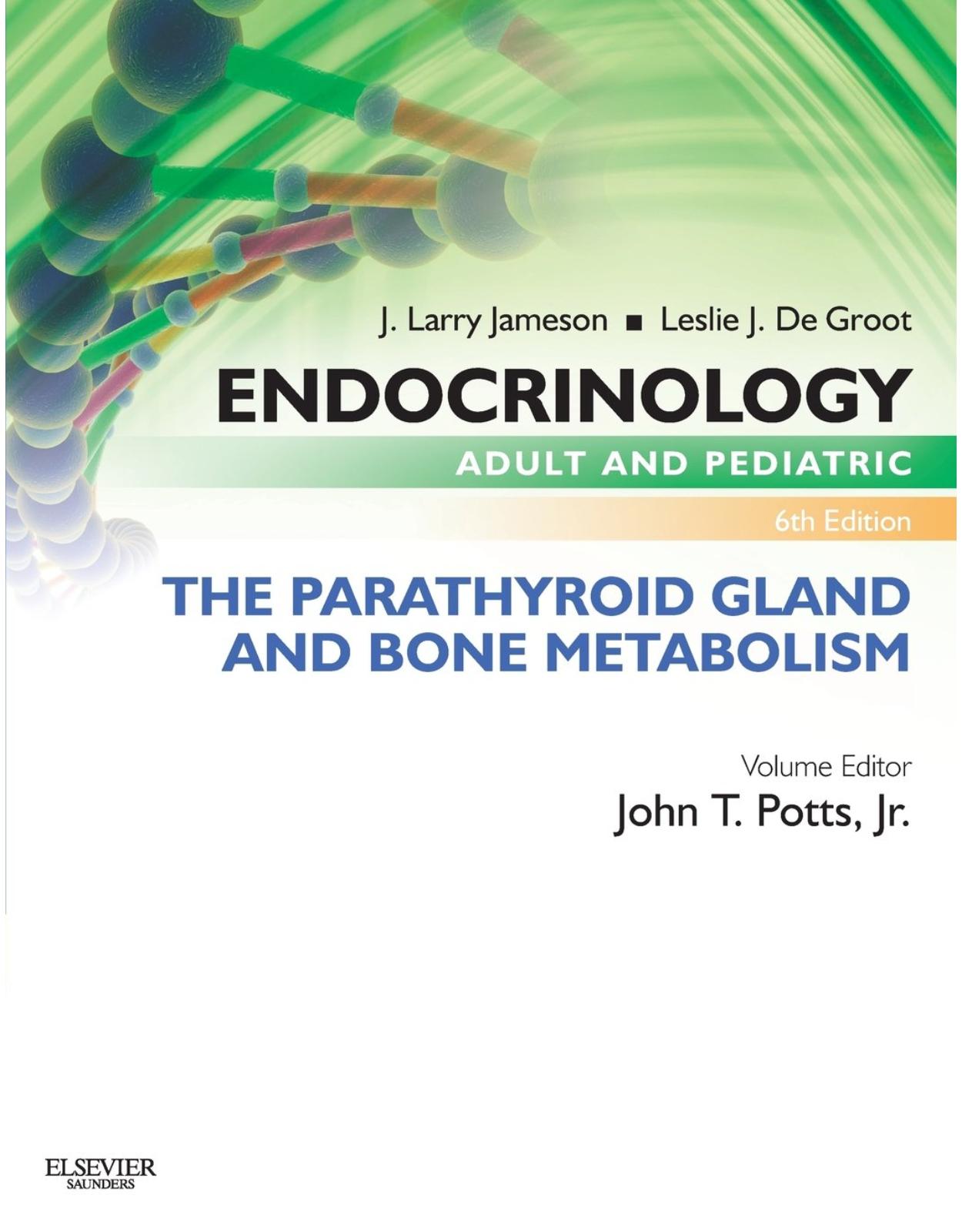
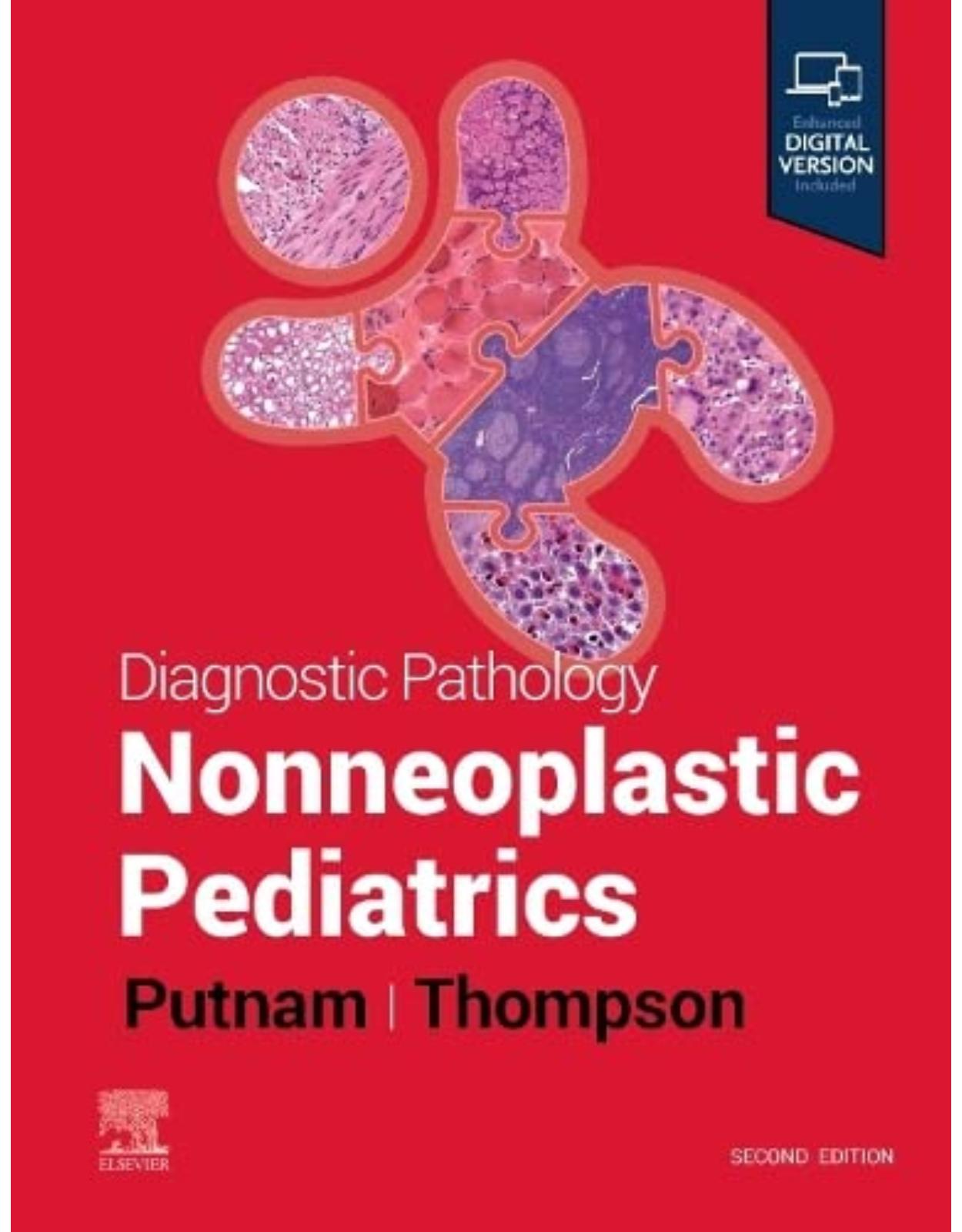

Clientii ebookshop.ro nu au adaugat inca opinii pentru acest produs. Fii primul care adauga o parere, folosind formularul de mai jos.